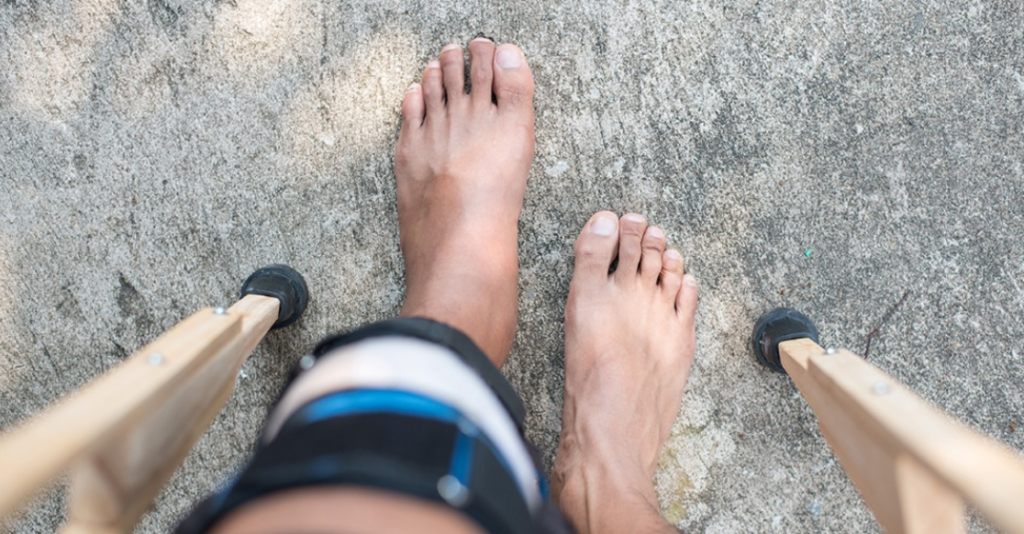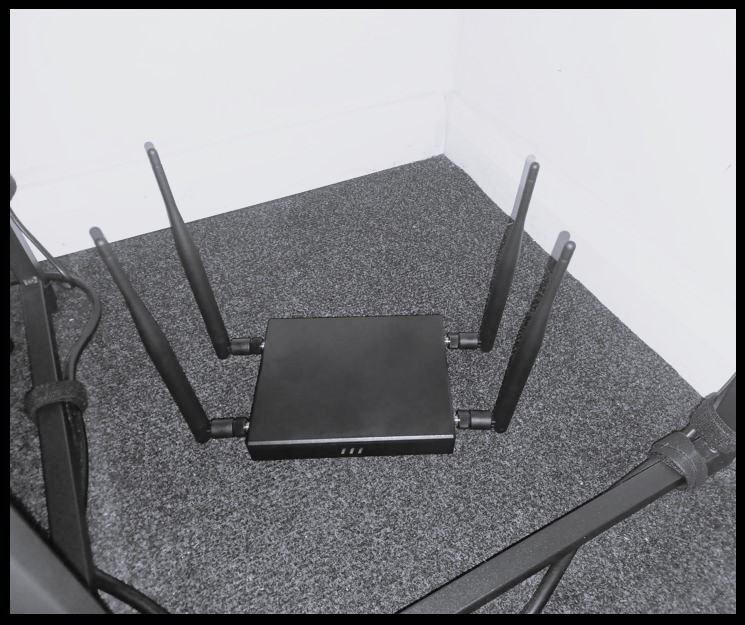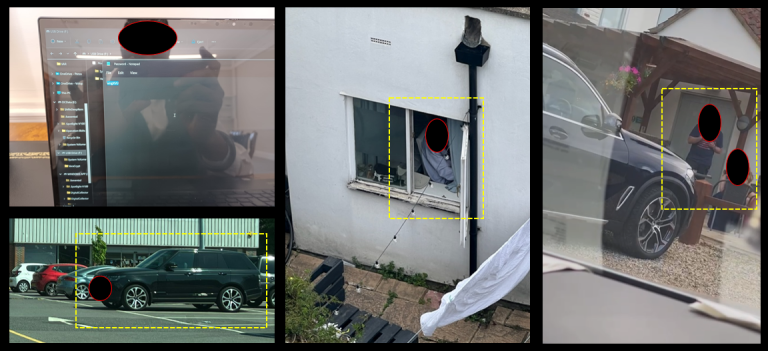We previously posted in January about general travel security. With the UK no longer being part of the EU and travel restrictions easing globally, it seems like a good time for a reminder about preparing to travel overseas, and what to do if you are ill or injured abroad.
Prior to travel: The requirements for travel insurance have always varied depending on the country you are visiting. If you are planning to do adventure activities, you’re elderly or have a health condition, you may need specialist insurance. If travelling in Europe any existing European-Health-Insurance-Cards (EHIC) will remain valid until the expiry date. If you have rights under the UK/EU-Withdrawal-Agreement you can apply for a new EHIC. If not, you can apply for a UK-Global-Health-Insurance-Card (GHIC). Both are free of charge and can be applied for up to 6 months before your current card expires. You can use your card to access medically necessary state-provided healthcare in any EU country plus Switzerland – this covers emergency treatment and A&E visits. However, it is important to remember that not all state healthcare is free within the EU & Switzerland, the scheme does not cover repatriation costs, and your EHIC or GHIC will give you no rights in non-EU countries, therefore you must have additional travel insurance, whichever country you are travelling to.
What to do if your injured or ill abroad: Should you get injured or ill abroad, the help you are entitled to and the compensation you could claim may differ depending on how you travelled – if you booked a package holiday, you will be protected by the Package Travel and Linked Travel Arrangements Regulations 2018. This potentially allows you to bring a claim against your package holiday provider in the English/Welsh courts. If you travel independently, booking flights, accommodation, and activities separately, you will have to use the country’s legal system where the injury occurred. This may mean using a local lawyer and conducting proceedings in the local language. This will increase costs and may result in being entitled to a lower level of compensation than in English/Welsh law. If you need help getting medical treatment, you should contact your insurance company in the first instance,. If you are on a package holiday, there should be a representative at your hotel/resort who can assist. Sometimes you may need to contact the local British Consul, where staff should offer practical advice and assistance with locating a doctor. If you need medical treatment for any injury or illness, try and get copies of your medical records and note down the name/address of the hospital and dates of treatment. Also, keep receipts for any treatment/medication and travel expenses, e.g. taxi fares.
If you think your hotel or accommodation caused your accident or illness and you want to claim for personal injury as soon as possible start gathering evidence; this info will be much harder to get once you have left. This could include – the date/time of the accident, photographs/video of the accident location, measurements and witness contact details. Similarly, if you are involved in a road traffic incident, it’s essential to gather as much information as possible. Ensure you exchange details with the other party involved (vehicle details, registration & contact number). Take photographs/videos of the scene and contact details of any witnesses. Also, make a note of the date/time the accident occurred. If appropriate, contact the local police and get a copy of their report/incident number.
If you feel ill with food poisoning or similar, note what you ate and where you ate previously to the illness. If possible, find out if anyone else at the same resort/hotel was also ill and take their contact details. It is essential to report any accident or illness to your tour company and hotel staff representative ASAP. They should record the incident formally and provide a copy for your records. Finally, make sure you keep your booking details for the trip and any receipts or invoices for the holiday cost.





